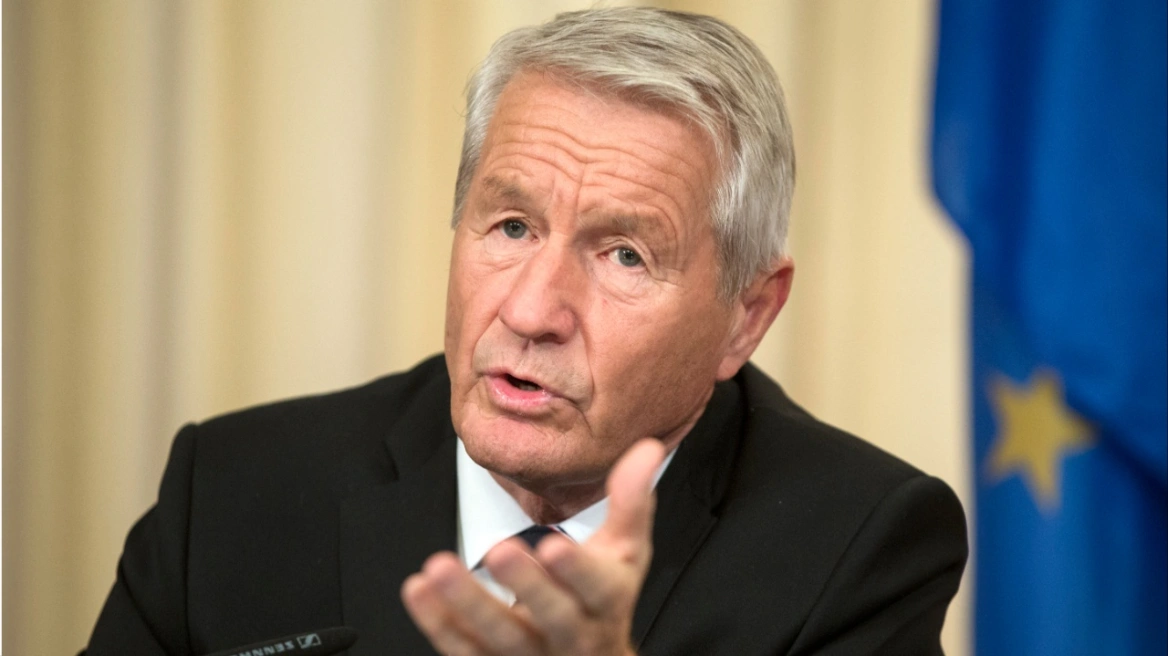In statements made by Dijsselbloem after the Eurogroup he said that the Greek economy is recovering faster than expected. However, he underlined the need for the IMF to stay in the program. He stated that if it was to leave then the ESM would take its place, implying that the same measures if not harder would be required by Greece.
Mr. Dijsselbloem avoided to give a specific date for the return of the institutions’ representatives to Athens to conclude the evaluation.
He also fully adopted the position of the IMF for deep reforms on the job market regulations, the pension system as well as the taxation system.
The main deference between the institutions and the IMF is that the later consider the Greek debt absolutely non-viable, arguing that even a primary surplus of 3,5% for ten straight years still wouldn’t make any difference.
What is not good news for Greece, though, is that all of the institutions agree that there should be specific laws legislated now for beyond 2018.
Ask me anything
Explore related questions





